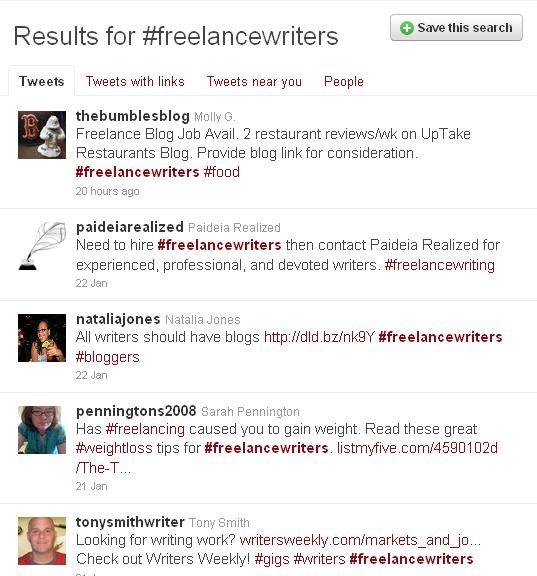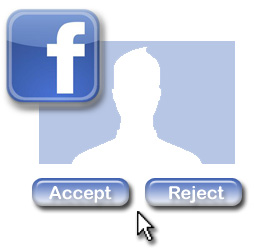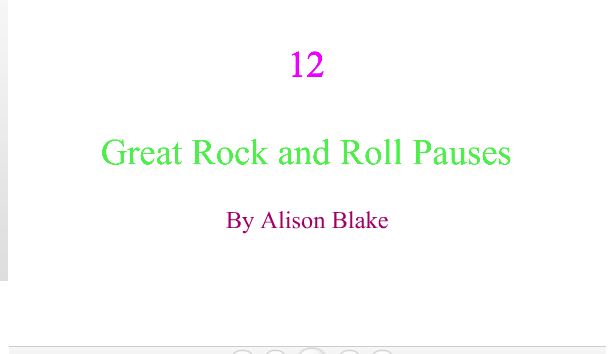[Teacher friends: Feel free to adapt this and use it on your own syllabi.]
MY SOCIAL MEDIA POLICY: This course will introduce you to the ways in which social media will become a part of your professional writing life. For example, we will use blogs and Twitter to share information with each other and connect to other writing communities. I have multiple email addresses and social media accounts that I use in order to communicate as my various selves: the writer and teacher me, who is mostly very public vs. the wife/friend/daughter/sister me who is more private.
When you “friend” me on Facebook or follow me on Twitter, you become a part of my professional network, not my private one, and I expect the same consideration from you. Consider your friend or follow request to be the moment you begin your transition from using social media for play and personal use to a more professional approach. You need to remember that your professors aren’t your friends; they are mentors and supervisors. They will write letters of introduction and recommendation for you. Over and over, you will need them to vouch for you. They are “connections” in the best possible sense of that word. As you prepare to enter the workforce, and especially if you want to be a professional writer, you must learn to separate private communication from public. It is incredibly unwise to “friend” your professors and then complain about your classes, assignments, or professors, as if you are only talking to your close friends. It is also unwise to use social media to passively-aggressively complain about a professor’s assignments or grades. In the real world, this sort of behavior might get you fired, or at the very least, might cost you a positive recommendation. On every recommendation form, I must assess your character, maturity, and discretion. Be appropriate at all times.
Before you send me that request, consider creating a profile or account that represents the Young Professional You, the Future You, not the High School You, Letting Your Hair Down You, I Feel Like Venting You.


